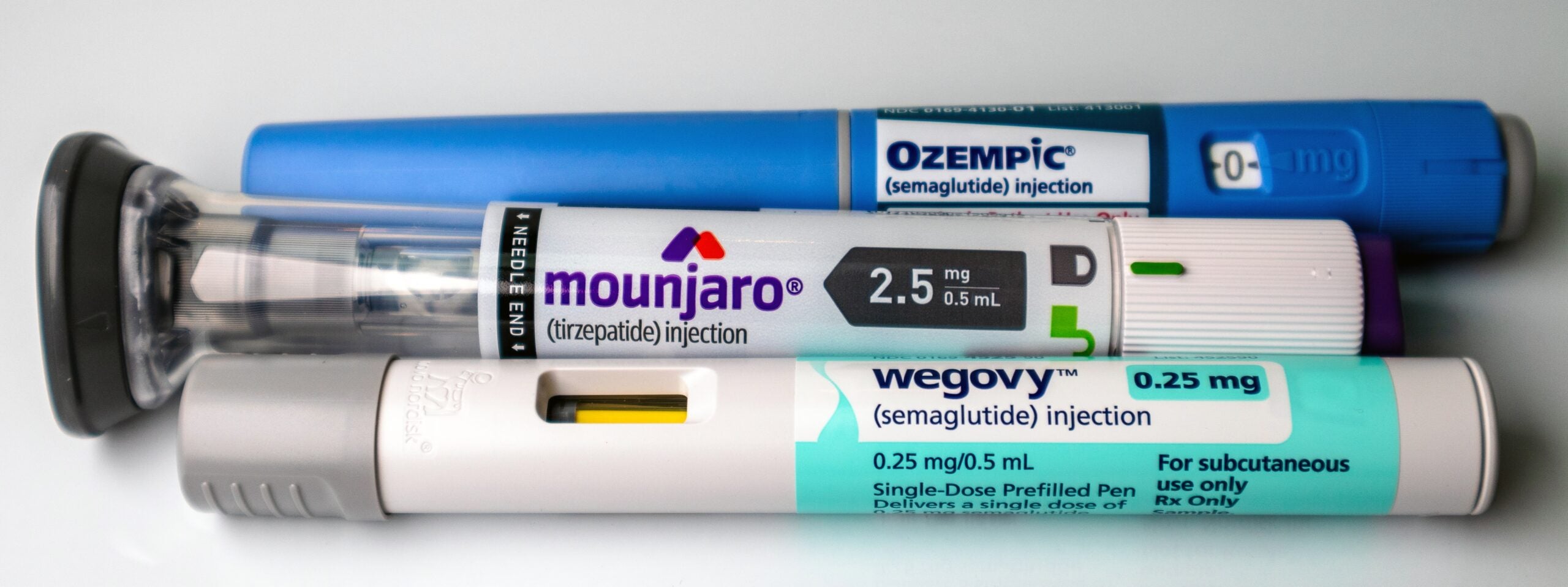
Editor's Note What a week it was! The 2025 OR Manager Conference just wrapped up at the Anaheim Convention Center, and perioperative leaders are already talking about what is next. Mark your calendars—the 2026 OR Manager Conference is heading to Savannah, Georgia, at the Savannah Convention Center on October 5–7,…

Volunteering is, at its core, about giving back. Yet many volunteer opportunities also create pathways to elevate one’s career and professional identity. At the American Board of Perianesthesia Nursing Certification, Inc (ABPANC), nurse volunteers grow both personally and professionally, gaining new knowledge, forming connections, and finding renewed purpose and emotional…

Editor's Note Three days of education and networking await perioperative leaders attending this week’s OR Manager Conference, which runs through Thursday, October 30, at the Anaheim Convention Center in Anaheim, California. By the time Dan Weberg, PhD, MHI, RN, FAAN, takes the stage Tuesday morning with his opening keynote, "Healthcare’s…

Editor's Note Lock in system-level wins fast. The 2025 OR Manager Conference is right around the corner (October 28–30 in Anaheim, California), and it is loaded with how-to sessions that turn ideas into throughput, revenue, and workforce results you can bring home in Q4. This year’s agenda centers on pragmatic,…

Editor's Note This year, the OR Manager Conference promises playbooks attendees can put to work the day they return home. The event, being held in Anaheim on October 28–30, targets the system-level goals perioperative leaders are accountable for: capacity, cost, culture, and safety across multi-site enterprises. Attendees will get concrete…

With the explosion of GLP-1–based therapies for type 2 diabetes and weight loss, perioperative nursing teams, especially in the preoperative and postanesthesia care areas, need to be fluent in recognizing these medications. Some patients may arrive on these agents—or even novel oral GLP-1s—and the physiologic effects, especially delayed gastric emptying,…

Editor's Note This October 28–30, perioperative leaders will gather in Anaheim, California, for the OR Manager Conference—the only event designed exclusively for OR, ASC, PACU, and SPD managers and directors. More than a conference, it is an immersive experience that blends education, networking, and practical solutions to help perioperative leaders…

Editor's Note Allowing older surgical patients to keep dentures, glasses, and hearing aids until anesthesia and restoring them immediately afterward significantly lowered postoperative delirium (POD) rates, according to a study published in BMC Geriatrics on August 30. The prospective before-and-after trial followed patients aged 70 and older undergoing hip fracture…

Editor's Note Patients with BMI 40 or higher had similar 24-hour and 1–90 day complication rates to lower-BMI patients after primary total joint arthroplasty (TJA) performed at an academic ambulatory surgery center (ASC), an August 25 article from The Journal of Arthroplasty reports. The study retrospectively analyzed 2,367 primary THA…
Editor's Note A multidisciplinary quality improvement effort at Vanderbilt University Medical Center sharply reduced response times to post-anesthesia care unit (PACU) emergencies, demonstrating a model that other hospitals could replicate, OR Management News September 1 reports. By combining education, clear role identification, standardized anesthesiologist notification, and recurring mock code drills,…